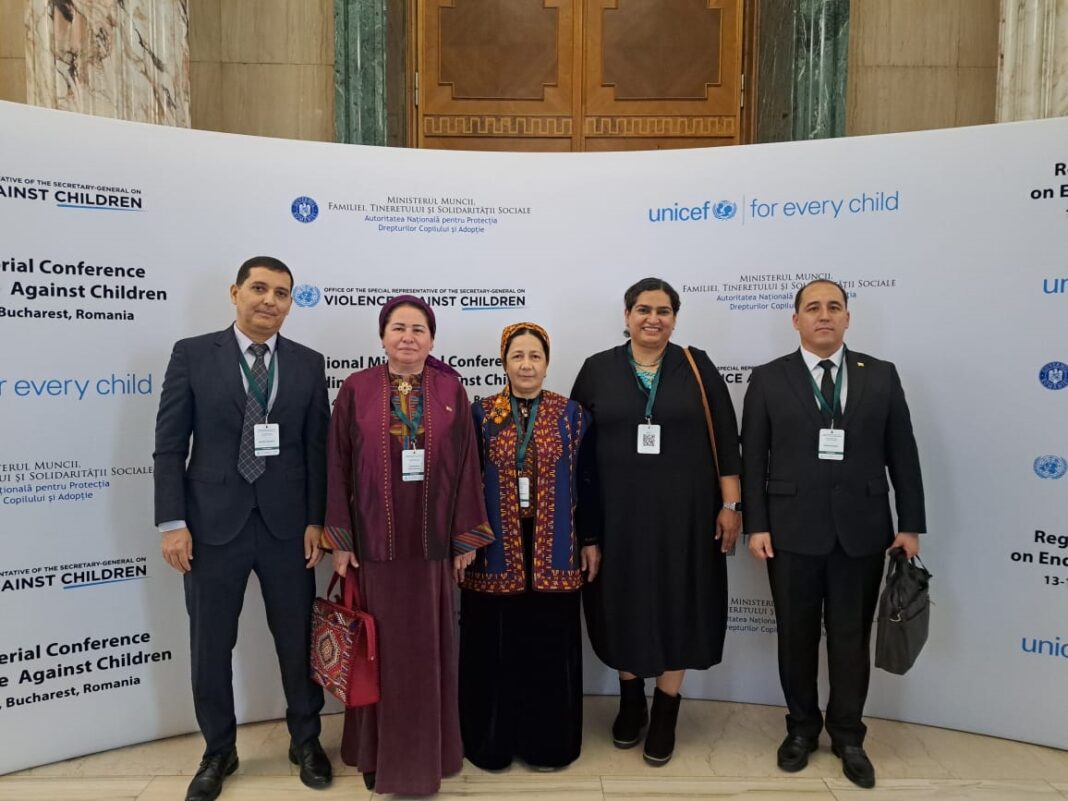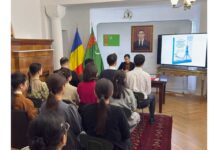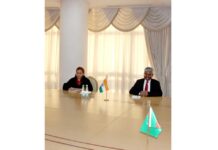The delegation from Turkmenistan participated in the Regional Ministerial Conference on Ending Violence Against Children, held on 13–14 October in Bucharest. The Ministry of Labour, Family, Youth and Social Solidarity of Romania organized the event, in partnership with the United Nations Children’s Fund (UNICEF) and the Special Representative of the UN Secretary-General on Violence Against Children.
The Turkmen delegation was led by the Deputy Minister of Labour and Social Protection of the Population and included representatives from the Ministry of Internal Affairs, the Ministry of Education, and UNICEF in Turkmenistan.
In her address, the head of the delegation emphasized that protecting children from violence is not only a state responsibility but also an investment in a sustainable, safe, and just future for society.
“The Government of Turkmenistan attaches great importance to the protection and well-being of every child. We continue to strengthen legislation, build institutional capacity, expand family support systems, and introduce child-friendly approaches in justice and social services. International standards, partnerships, and knowledge exchange play an essential role in this process,” the head of the Turkmen delegation noted.
Turkmenistan presented its key achievements and priorities, including the implementation of the National Action Plan on the Rights of the Child (2023–2028), the development of intersectoral and interdisciplinary cooperation in child protection, and the establishment of comprehensive family support and child-friendly justice services.
For the first time, a regional analysis on violence against children was presented — a milestone for understanding the scale of the issue and developing more targeted and effective responses. The findings reaffirmed the urgency of accelerating efforts to protect children across the region. Despite progress across the region — including bans on corporal punishment in 38 of 55 countries — nearly one in three children still experience physical discipline at home, while psychological aggression remains even more widespread, affecting 40 to 69 per cent of children in countries with available data.
Conference participants highlighted that violence against children can take many forms, including harmful disciplinary practices that inflict serious emotional and psychological harm.
UNICEF underlined the importance of including children and survivors’ voices in shaping policies and programmes. Their experiences provide valuable insights into existing gaps and help ensure that the support provided is meaningful and effective.
Reforms aimed at preventing and addressing violence against children must remain a national priority for all countries. UNICEF reaffirmed its commitment to supporting governments across the region in strengthening child protection systems and advancing a shared vision — a world where every child grows up in safety, dignity, and free from violence.









